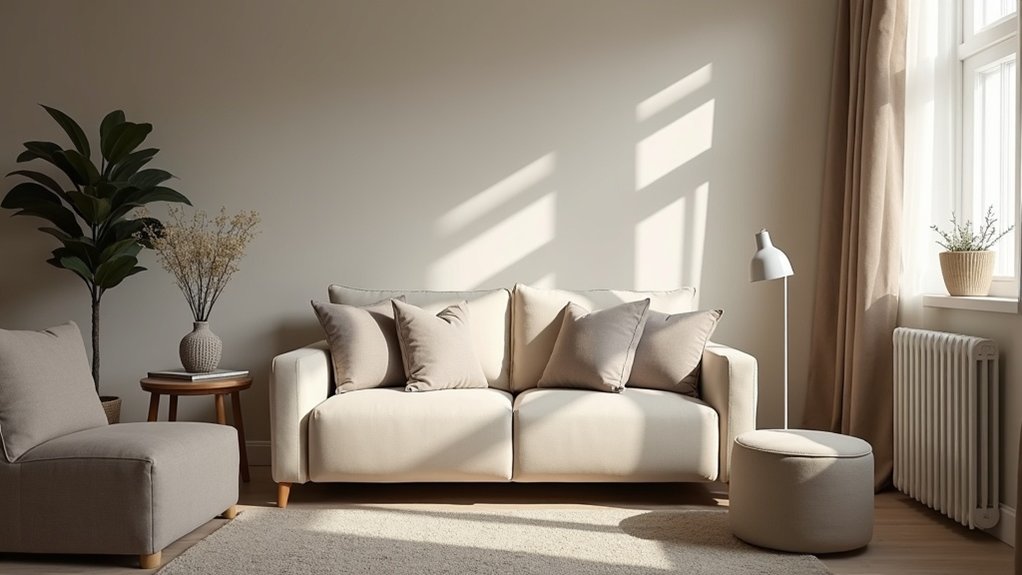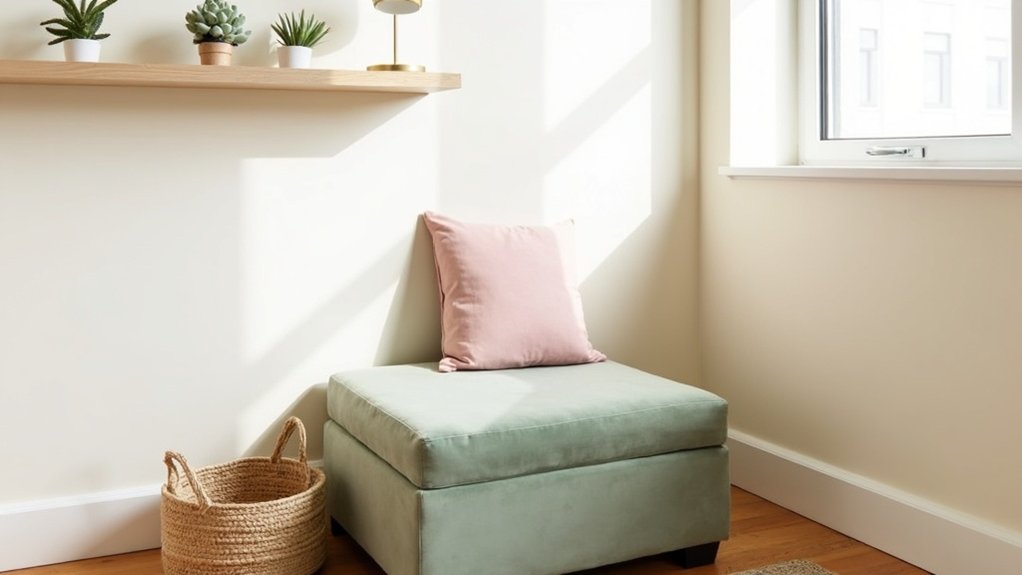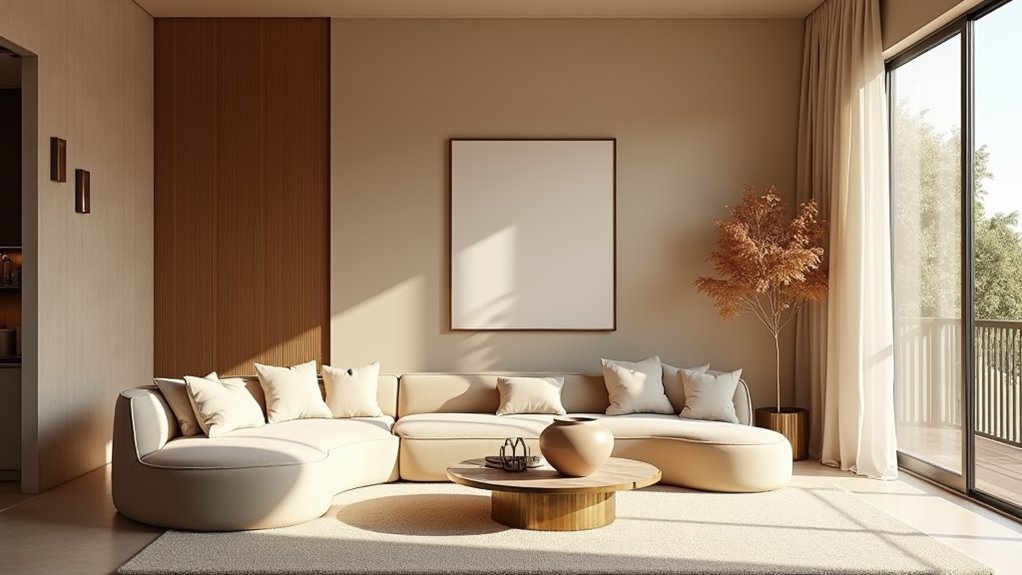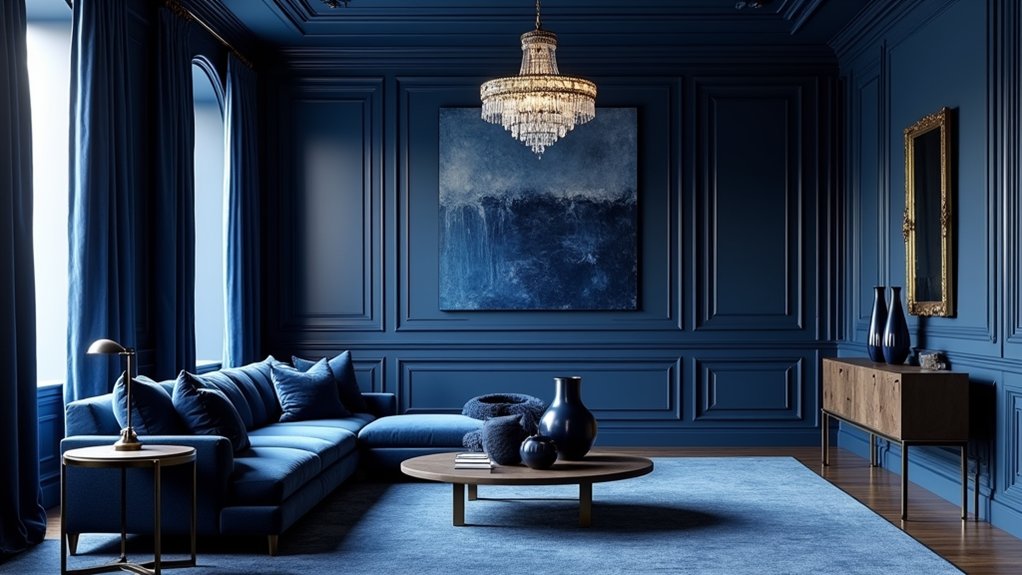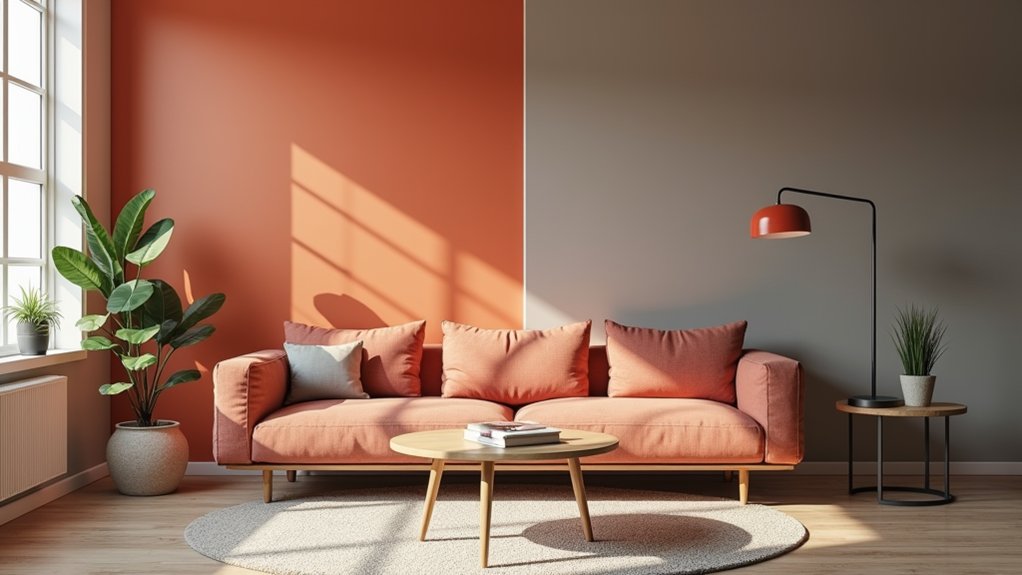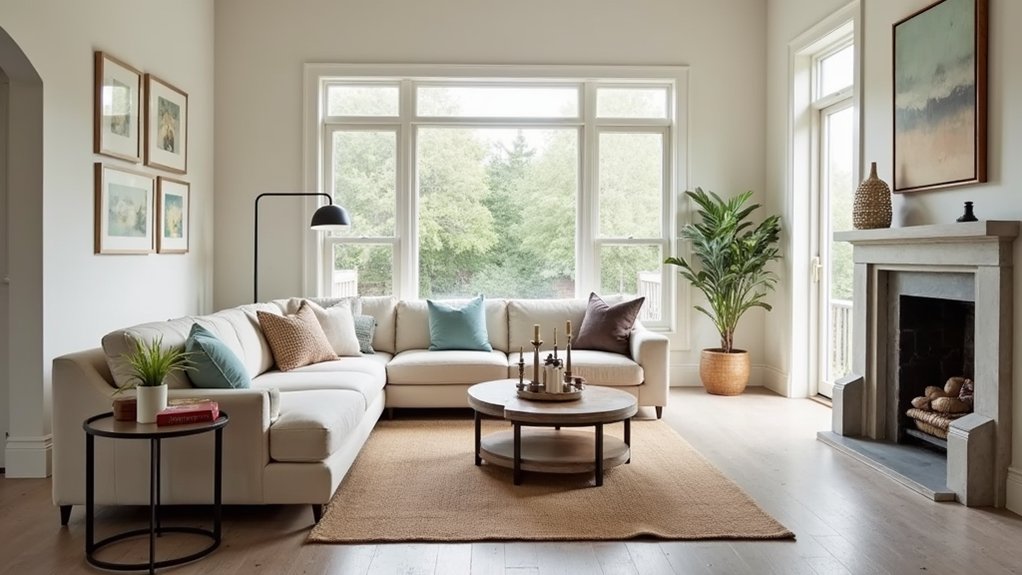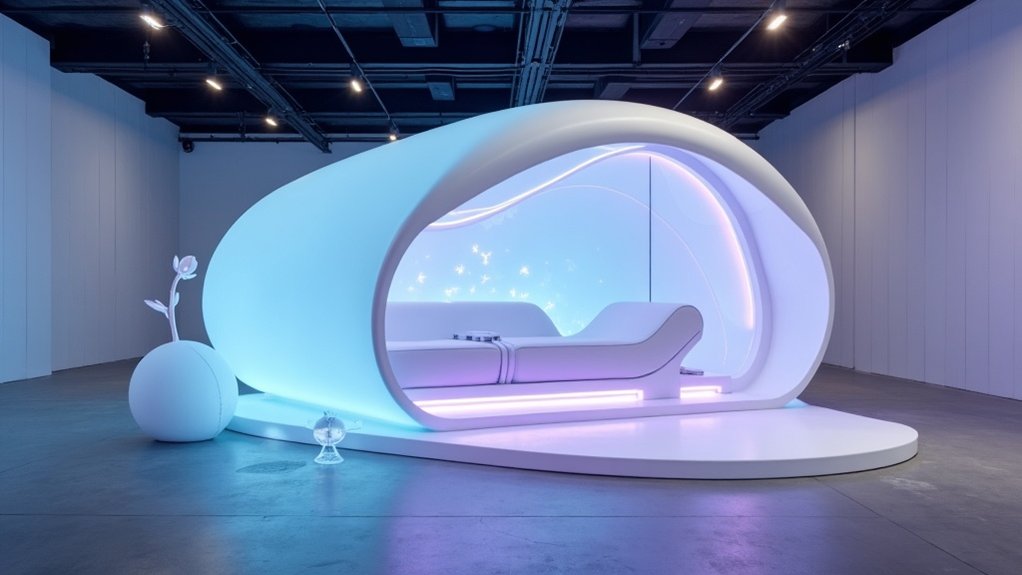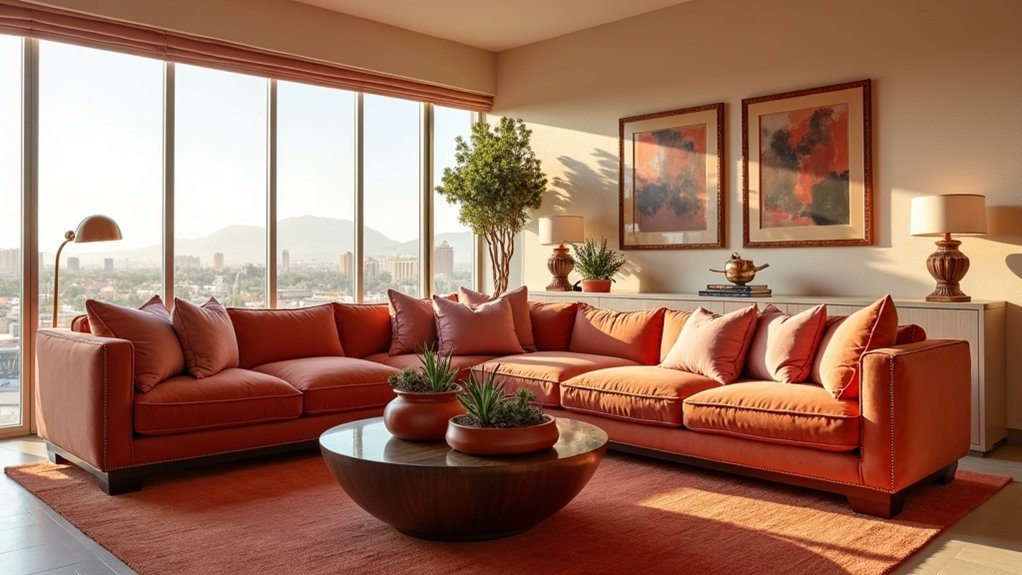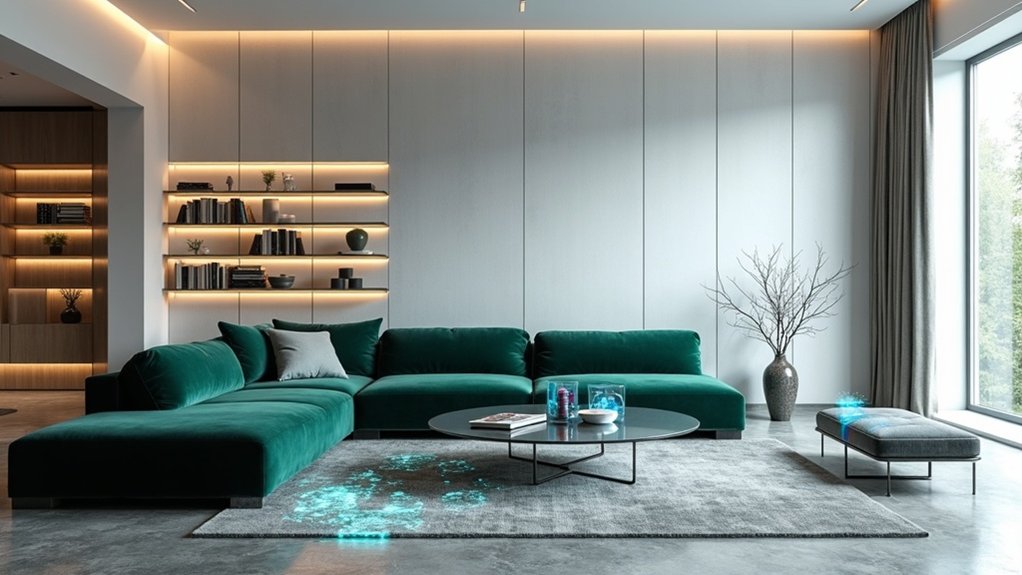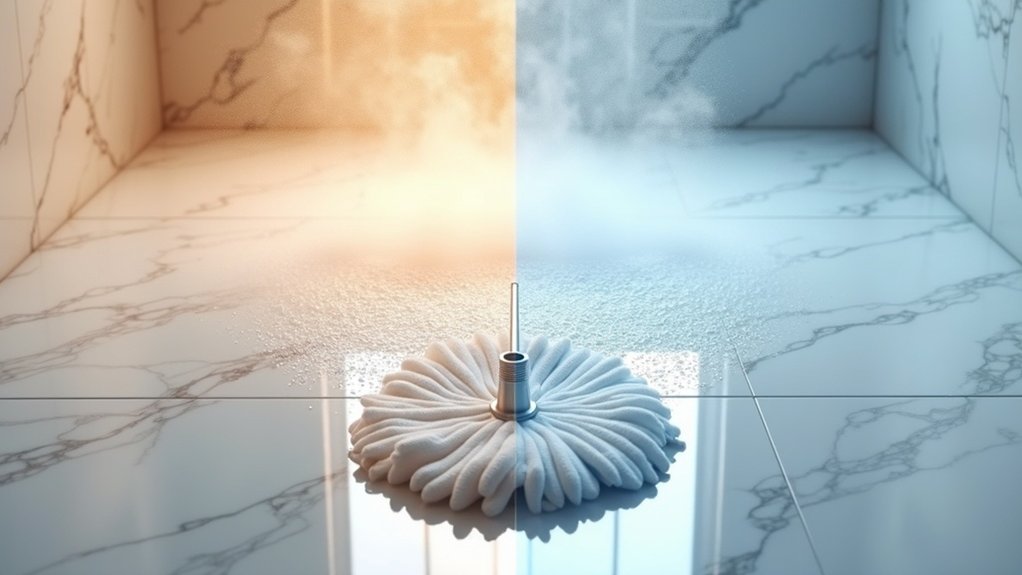The neutral color palette that dominated interior design for nearly a decade is experiencing a dramatic shift as 2026 approaches, with traditional grays, beiges, and greiges giving way to more subtle and emotionally resonant alternatives. This transformation reflects a broader movement toward spaces that offer greater warmth and personality, marking the end of an era for several once-beloved neutral tones.
Cool grays, which previously served as the cornerstone of contemporary design, now face widespread rejection from leading designers who view them as sterile and lacking personality. These gray tones particularly struggled in north-facing rooms, where their coolness was amplified by limited natural light. The industry’s pivot away from these tones stems from a collective desire for interiors with improved emotional depth and connection, aligning with the current trend towards wellness-focused aesthetics.
Replacing these fading grays are softer, creamy off-whites and intricate beiges that bring warmth without sacrificing sophistication. The decline extends beyond gray to encompass traditional beiges and bland off-whites, which consumers increasingly perceive as uninspiring.
Modern preferences lean toward tinted neutrals featuring subtle pink, peach, or yellow undertones that add character while maintaining versatility. These evolved neutrals provide the sophistication that simple tan and beige shades can no longer deliver in today’s design environment.
Standard taupes and the once-trendy greige face similar obsolescence as homeowners seek more distinctive options. Greige, in spite of its popularity peak between 2022 and 2024, fails to provide the grounding warmth found in emerging earthy colors like rust, oiled bronze, and weathered clay.
Interior experts now recommend abandoning greige as a primary color choice in favor of more pigment-rich alternatives. Even pure white hasn’t escaped this transformation. Stark, gallery-style whites give way to celestial versions with delicate undertones of lavender, blue, or warm cream.
Paint manufacturers highlight these tinted whites as solutions that prevent the clinical coldness associated with unadorned white spaces. The most significant trend involves neutrals with blue and green undertones surging in popularity. Earthy blues, transformative teals, and muted olives represent the future of neutral palettes, offering soothing modernity that yellow-based neutrals cannot match. Behr’s 2026 Color of the Year, Hidden Gem, exemplifies this shift with its sophisticated smoky jade hue that bridges the gap between traditional neutrals and nature-inspired tones.
These contemporary alternatives align with sustainability trends while providing the emotional resonance that traditional neutrals lack in 2026’s evolving design environment.
